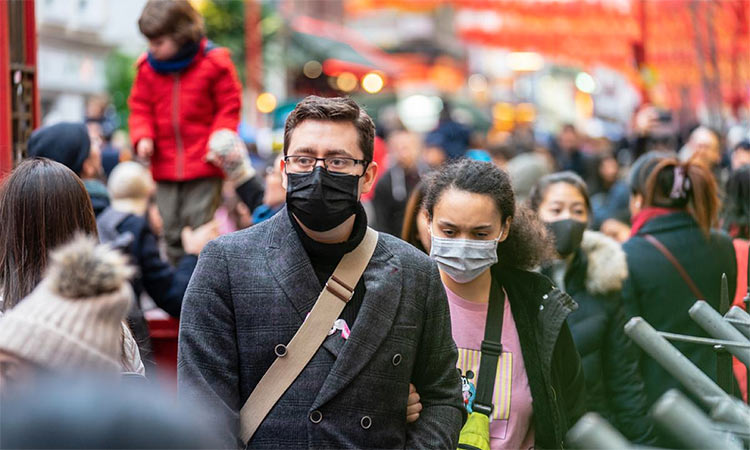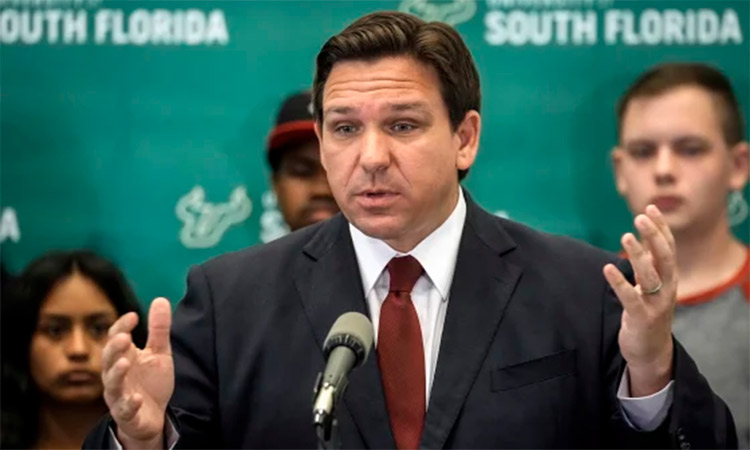Judge’s mask decision was wrong, but not unconstitutional

Illustrative image.
Zachary D. Clopton, Tribune News Service
Recently, a federal judge in Florida struck down the CDC’s mask requirement for mass transit. There were countless legal and factual errors in the judge’s decision, but critics seem to be focusing on the nature of the ruling, arguing that it is unconstitutional for a single judge to stop a federal policy nationwide. The so-called nationwide or “universal” injunction has been a thorn in the side of at least the last few administrations. For President Barack Obama, federal judges in Texas blocked various policies regarding the environment, health care and more. For Donald Trump, immigration policies such as the travel ban and many other measures were held up by individual judges, often in blue states. Now, it is COVID-19 mitigation measures being struck down by judges in red states.
For most of us, something just feels wrong with many of these nationwide injunctions. It doesn’t seem fair that a single judge could block a policy that applies to citizens across the country. It also seems undemocratic to allow a judge who wasn’t elected by the people to override the will of elected officials in Congress and the White House. It’s especially galling when litigants seeking to block federal policies can shop for ideologically friendly judges who might be out of the legal mainstream. But not everything that is bad is unconstitutional; sometimes reform is better than abolition.
If the Supreme Court were to listen to critics and declare nationwide injunctions unconstitutional, the result would be that nationwide injunctions would never be available — not even to deal with truly lawless actions by the federal government. Even in less extreme situations, a Supreme Court decision that these injunctions are unconstitutional would stop Congress from ever authorizing such remedies, even in limited circumstances.
This is not merely hypothetical. For 75 years, American administrative law has been governed by a super-statute called the Administrative Procedure Act. The APA governs how federal agencies, like the CDC, issue rules and regulations. Typically, Congress will pass a law authorizing a federal agency to issue regulations — such as the CDC’s mask mandate — and then that agency will develop rules in its area of expertise. This is how virtually every important federal regulation has been adopted — rules on clean air and water, highway safety, banking, pharmaceuticals and more.
Importantly, Congress’ delegations are not blank checks. Under the APA, federal judges have the authority to “set aside” an agency’s regulations if they exceed Congress’ mandate or are otherwise “arbitrary and capricious.” In other words, Congress delegates power to agencies knowing that there is a judicial check on excessive or arbitrary uses of that power.
If the Supreme Court were to say that it’s unconstitutional for a judge to block federal actions nationwide, then the system of judicial review just described would be upended. Without the power to set aside rules nationwide, real judicial review is not possible. We can’t expect every person subject to a regulation to sue, and the rules of class actions probably wouldn’t allow a nationwide case either.
The irony is that critics of nationwide injunctions complain that judges are substituting their judgment for that of Congress and the executive branch. But a decision to make this kind of review unconstitutional would also substitute judges’ views for Congress and the White House because it was Congress and the executive branch that set up the judicial review process in the first place.
Moreover, if the Supreme Court took away Congress’ ability to delegate to agencies with judicial review, then Congress might be less likely to delegate authority to agencies at all, because it would not have the protection of judicial review on the back end.







